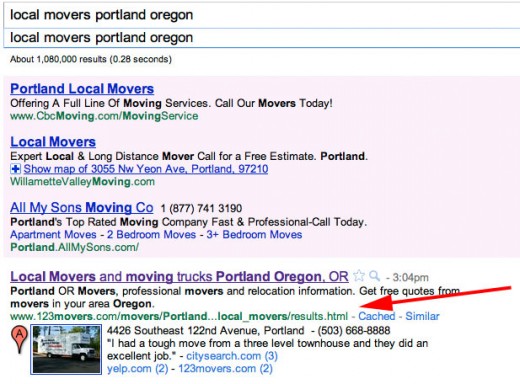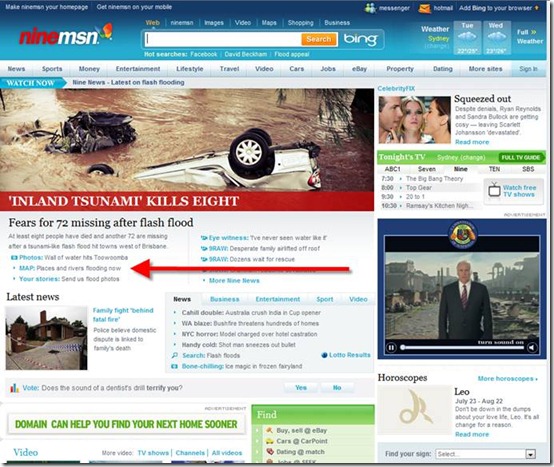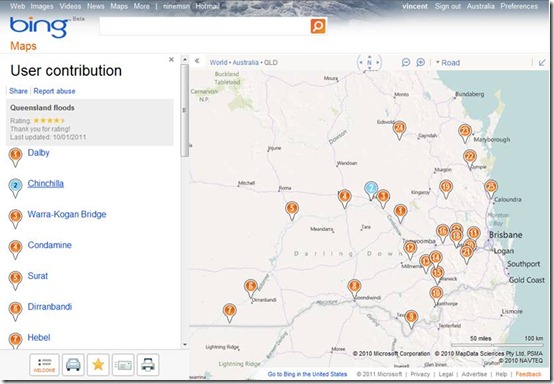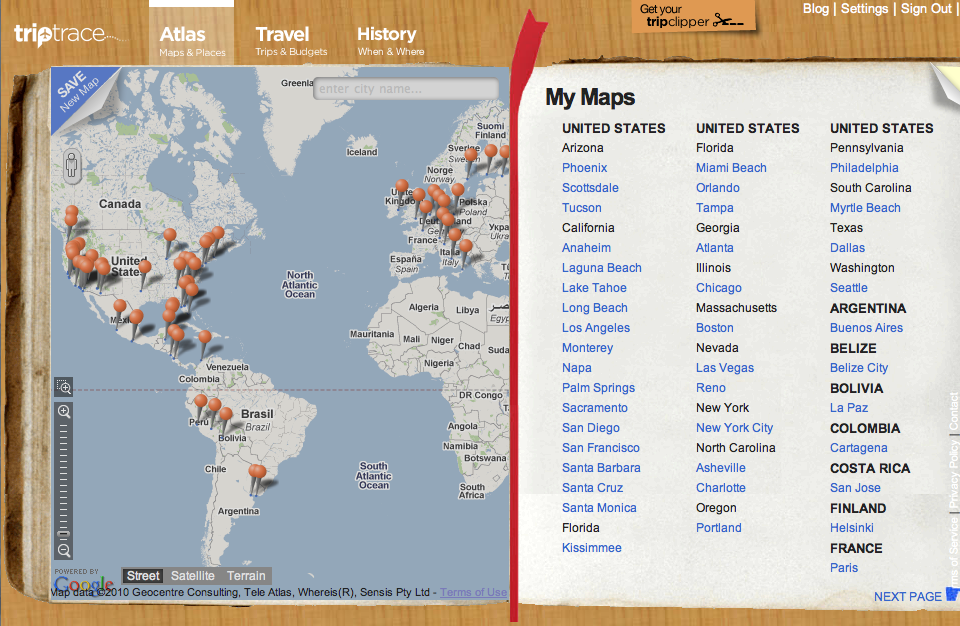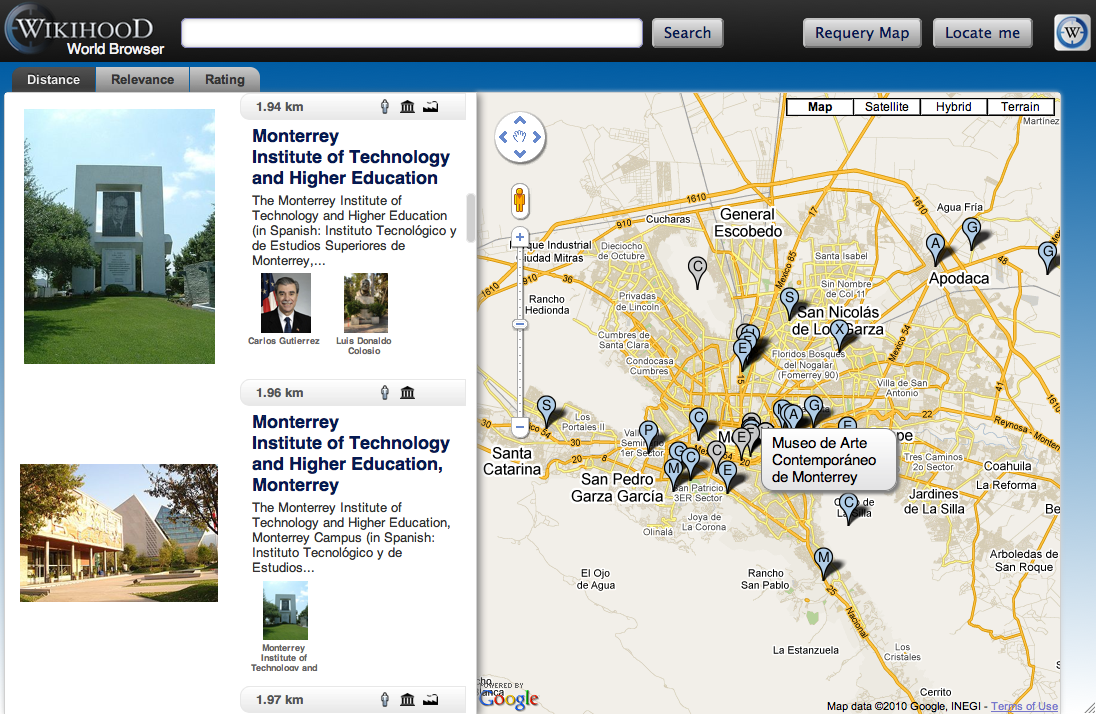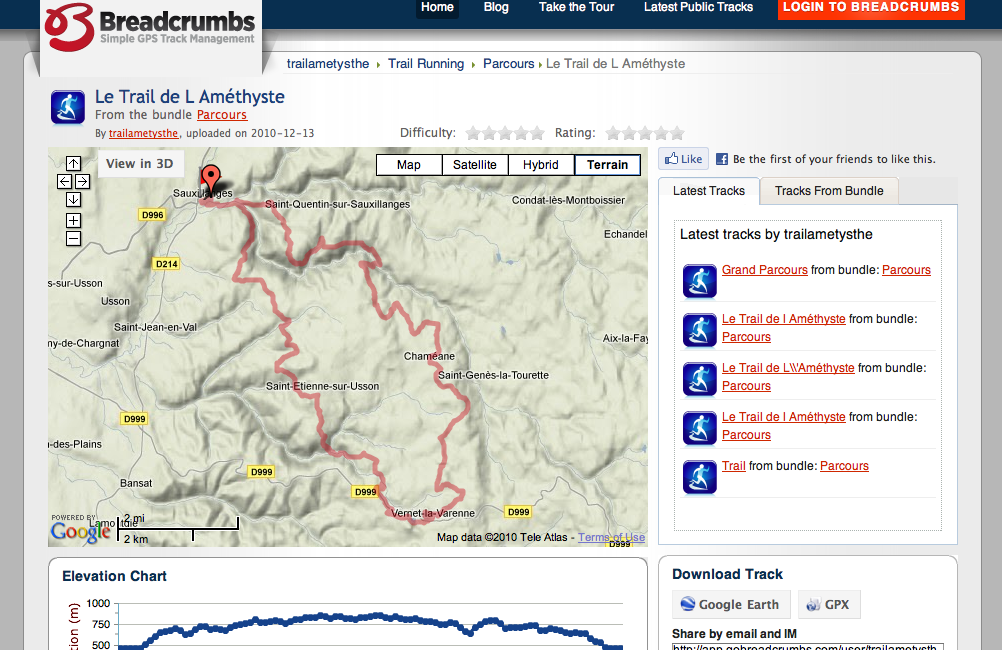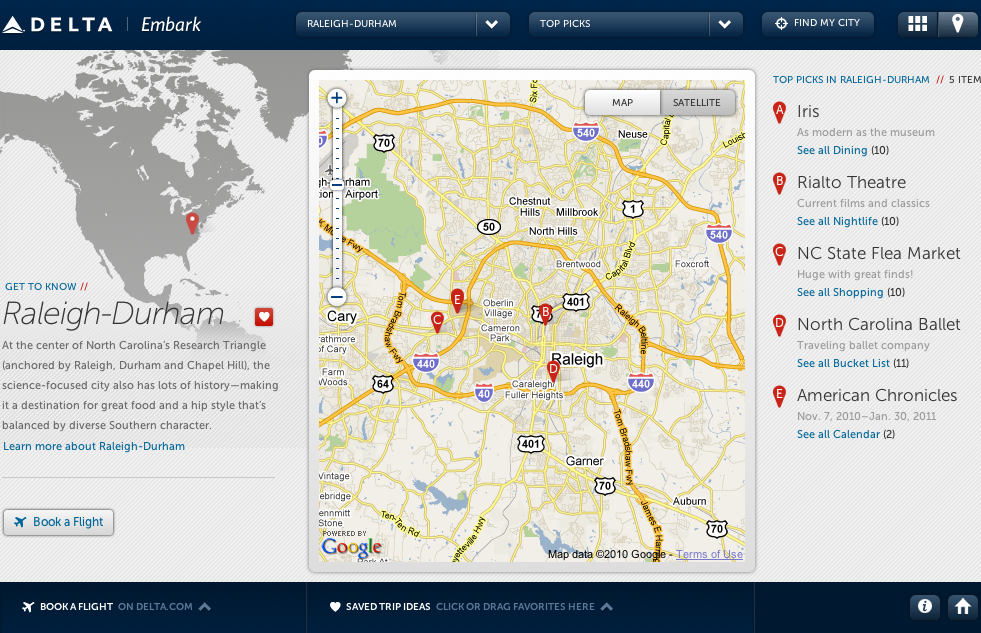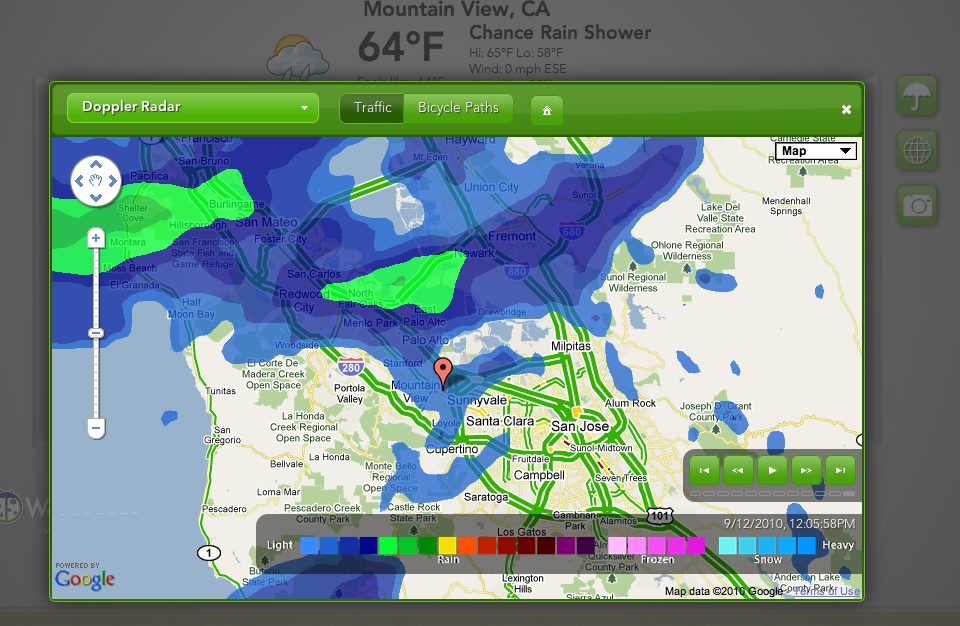Whenever Google changes things around, the bottom feeders are never far behind, always looking for angles and cracks in the system. Google Places Search, introduced October 27, is no exception.
It didn’t take the spammers long to find a way to get instant results. It was brought to my attention and the details figured out by Yam Regev (Puresheer). This hack has started to show for front pages local organic blended (LOB?) results across the country. It is easy to spot as the URL associated with a LOB result is usually from deep within a directory and the listing is claimed.
Here is a screen shot for the search local movers Portland Oregon:
Note that in the screenshot above the business links to http://www.123movers.com/movers/Portland_OR/z-97201/s-local_movers/results.html, a general business directory page
The technique is a variation on barnacle marketing that attempts to leverage the strength of an existing directory to highlight your business. While it doesn’t give you any web traffic, it does put your phone number front and center on the main SERPS. Because of this limitation it is a technique more commonly seen in service industries (you know the ones: locksmiths, movers, limos etc) with little or no bricks and mortar.
How does it work?
The Places search ranking algo has always had a strong component predicated on the authority of the website referenced in the Places listing. This was why, as Chris Silver Smith pointed out, a Wikipedia URL was a successful Maps hack.
However with the rollout of Places Search, a generally strong website was not enough. Google had rejiggered things so that more emphasis was placed on not just a strong, authoritative page but one that did well on specific local searches.
To execute this current hack, you need to find a search on which a directory page (or competitors page not associated with a Places listing) shows well organically, typically above the LOB result (See this search as an example- note the high ranking Superpages URL). Take the exact URL and use it in your Places Dashboard. Your listing will take on the relative strength of the organically successful page showing the Title Tags, Description and URL from the poached page but showing the phone number and address of the local business.
It could be that Google is already starting to fix this. I noticed that a search for Locksmith Palo Alto that returned one of these hacked results as recently as January 1 has been returned to its native state (see shot above). But the ability to use the technique to leach benefit from even a competitor’s site should make this gaping hole a priority fix for Google.
